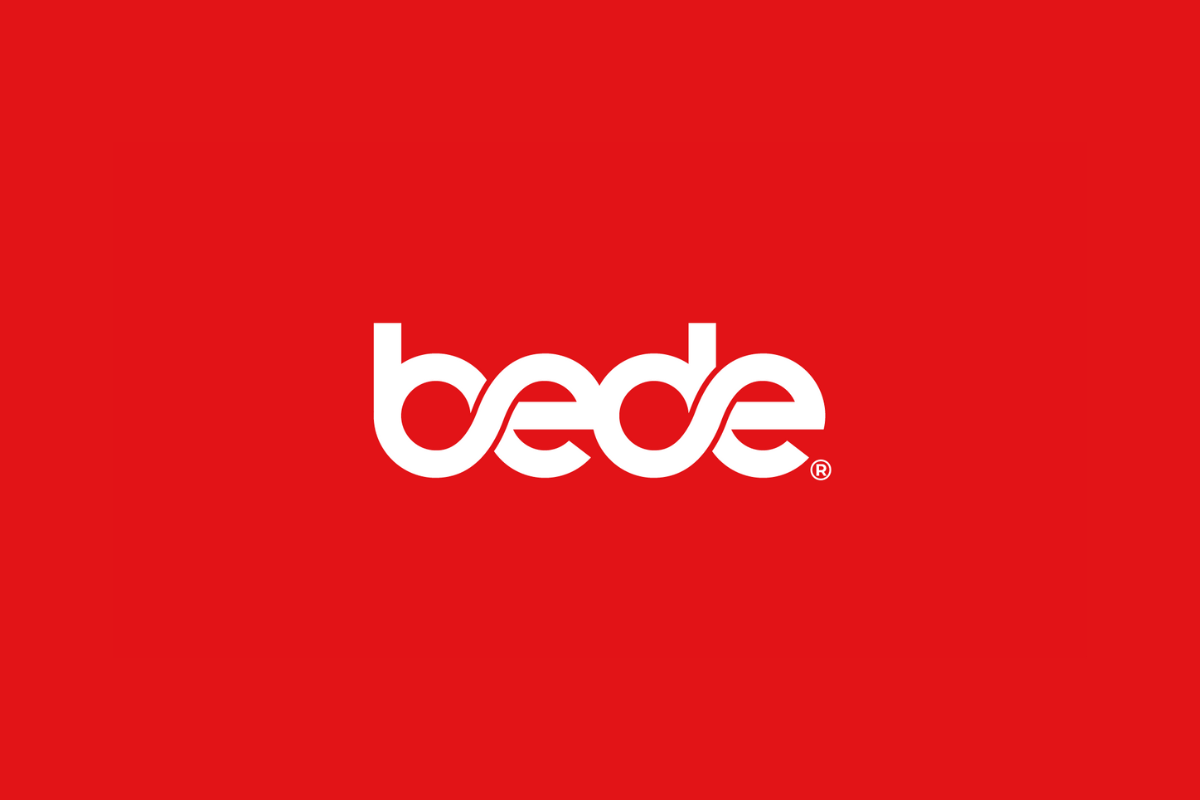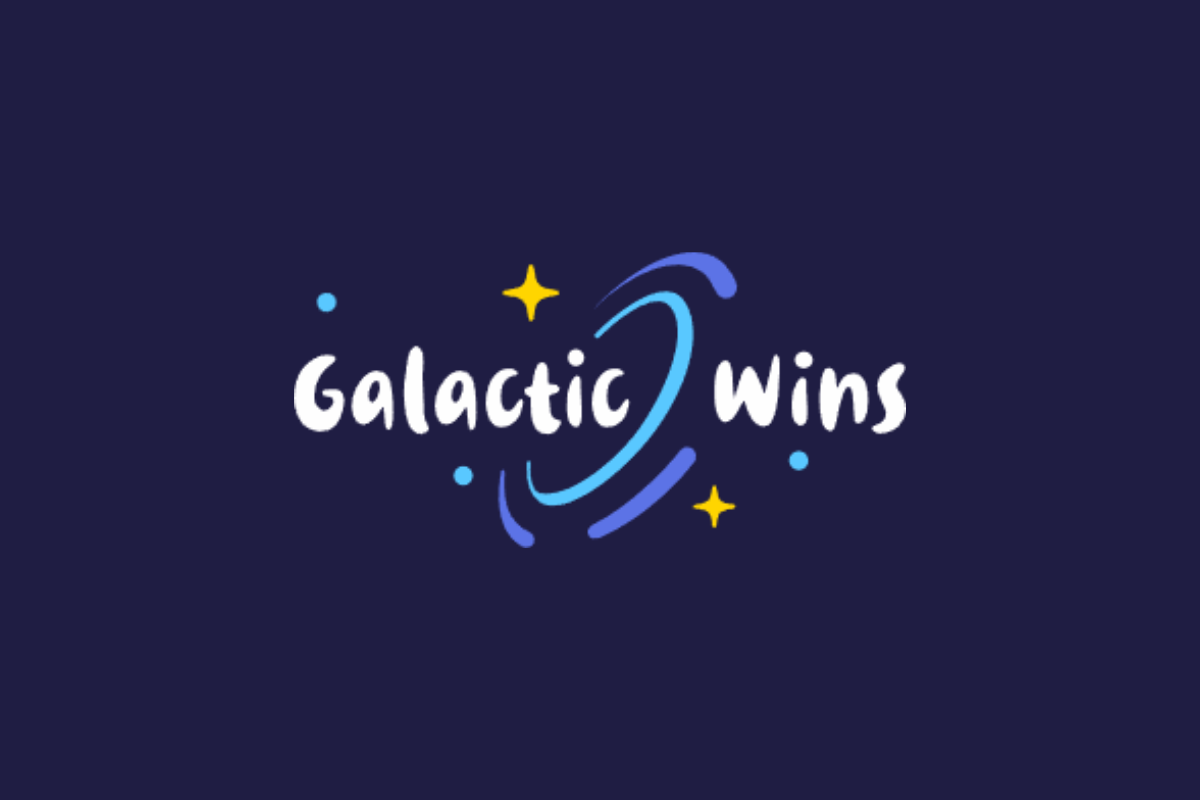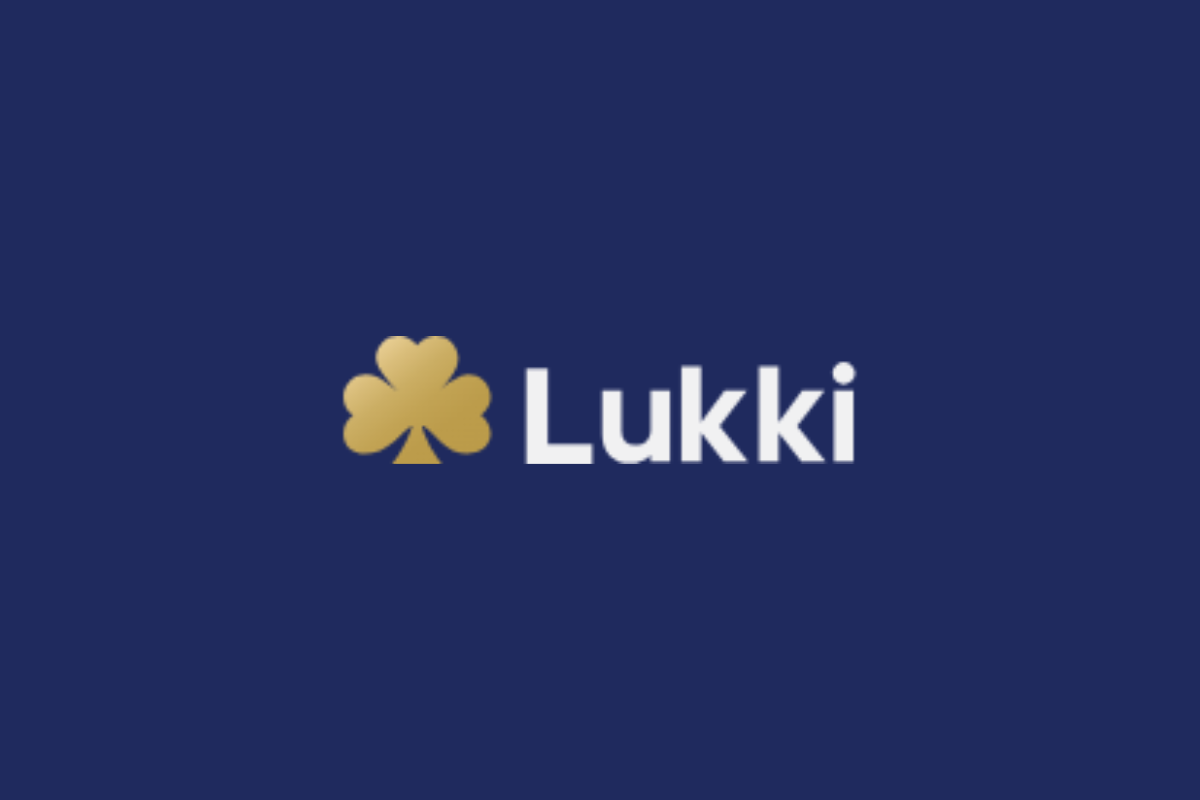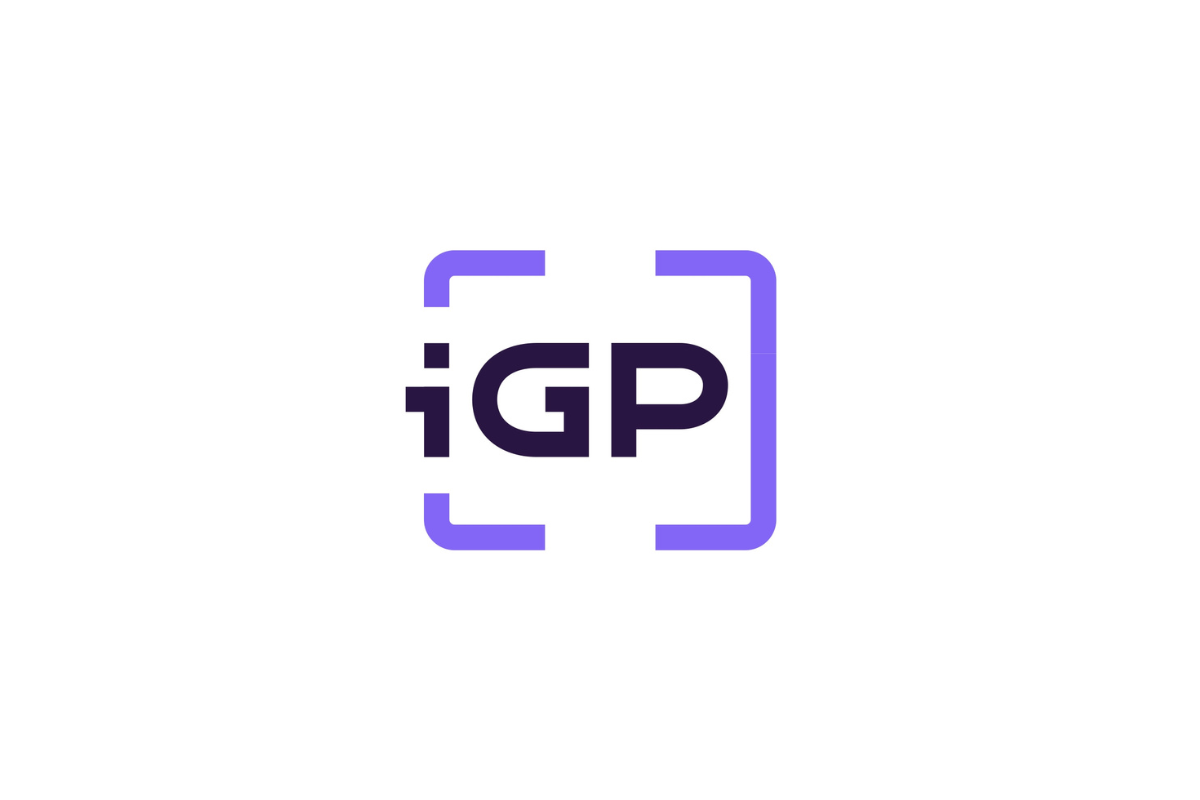Latest News
In a World of IPOs and Headlines, Nexus International Just Delivered $546M in H1 Revenue Without Either

The global iGaming industry is no stranger to headline-making announcements. DraftKings goes public on NASDAQ, Flutter Entertainment unveils billion-dollar acquisitions, and Bet365 dominates sponsorships and marketing spend across Europe. For years, the sector’s biggest stories have been written around capital raises, IPOs, and growth projections meant to impress investors.
Against this backdrop, Nexus International has taken a quieter route. In the first half of 2025, the privately held company reported $546 million in revenue, a 110% year-on-year increase, securing a place in the global Top 100 gaming operators. The milestone was achieved without external investors, venture capital, or a public listing. Instead, Nexus has scaled on reinvested earnings and disciplined market entry, proving that visibility in the financial press isn’t the only path to industry relevance.
The world’s largest operators dominate more than just market share; they dominate narrative space. Flutter, with its vast portfolio of brands including FanDuel, Betfair, and PokerStars, generated over $12 billion in annual revenue in 2024, making it the industry’s largest player by some margin. DraftKings, riding the wave of legalized sports betting in the U.S., brought in nearly $3.7 billion in revenue, supported by aggressive marketing and expansion into daily fantasy sports and online casinos.
For these companies, growth has often been tied to raising capital and delivering updates to shareholders. IPO announcements, multi-billion-dollar acquisitions, and quarterly earnings calls keep them in constant view of both the financial press and investors.
Nexus International, by contrast, rarely makes such noise. With no IPO and no investor roadshows, its story is not written in stock tickers but in market execution. Founded by Gurhan Kiziloz, Nexus International has built its growth model around self-funding and controlled scaling. Rather than pursuing rapid-fire global launches, the company expands step by step, ensuring each new market is optimized before entering another. This strategy came into sharp focus in Brazil, where its platform Megaposta became a central revenue driver in early 2025.
Brazil’s transition to a regulated iGaming framework under Law 14,790/2023 created hurdles for many operators. Facial recognition onboarding and Central Bank–linked payment systems slowed larger competitors, including Flutter’s Betfair, which reported a 44% drop in Brazil revenue in Q1 2025. Nexus, having prepared compliance frameworks early, avoided these setbacks. Megaposta launched fully compliant on day one, capturing users while rivals were still adapting.
This operational readiness, more than press releases or splashy partnerships, explains the company’s half-year surge. Perhaps the clearest expression of Nexus’s philosophy came in mid-2025, when it chose São Paulo as its first global headquarters. While many operators manage LATAM remotely from European or North American hubs, Nexus embedded its leadership, compliance, and commercial teams directly inside its strongest market.
The decision was not symbolic; it was strategic. Brazil already accounts for the majority of Nexus’s revenue, and São Paulo provides access to regulators, payment providers, and a growing talent base. By aligning infrastructure with revenue concentration, Nexus turned its headquarters into an extension of its market-first approach.
Operating without IPOs or investor oversight has shielded Nexus from the short-term pressures of quarterly earnings cycles. The absence of external funding also means no share dilution, no valuation-driven growth strategies, and no board-driven distractions. The trade-off is that responsibility rests entirely on the leadership team, which must balance expansion with profitability.
For now, the numbers suggest the model works. With $546 million already banked in H1, Nexus is projecting a full-year run rate of $1.1–$1.2 billion, with a stretch target of $1.54 billion. That scale puts it in the same tier as long-established operators like Betsson AB and Rank Group, despite its quieter profile. Nexus’s rise shows that in iGaming, noise isn’t a strategy. While IPOs and billion-dollar acquisitions command headlines, the company’s $546M half-year proves that disciplined execution can rival the giants. In a market addicted to visibility, Nexus has found strength in staying invisible.
-

 Asia4 days ago
Asia4 days agoDigital gaming disruption tackled in 1st AsPac Regulators’ Forum
-

 Asia7 days ago
Asia7 days agoPAGCOR chief pushes for stricter regulation, not online gaming ban
-

 Asia6 days ago
Asia6 days agoBGCS and BGMS league stages conclude; rising stars set to meet pros in the playoffs
-

 Latest News6 days ago
Latest News6 days agoHigh Roller Technologies and Flows partner to launch player engagement experiences, with technical integration complete in record time
-
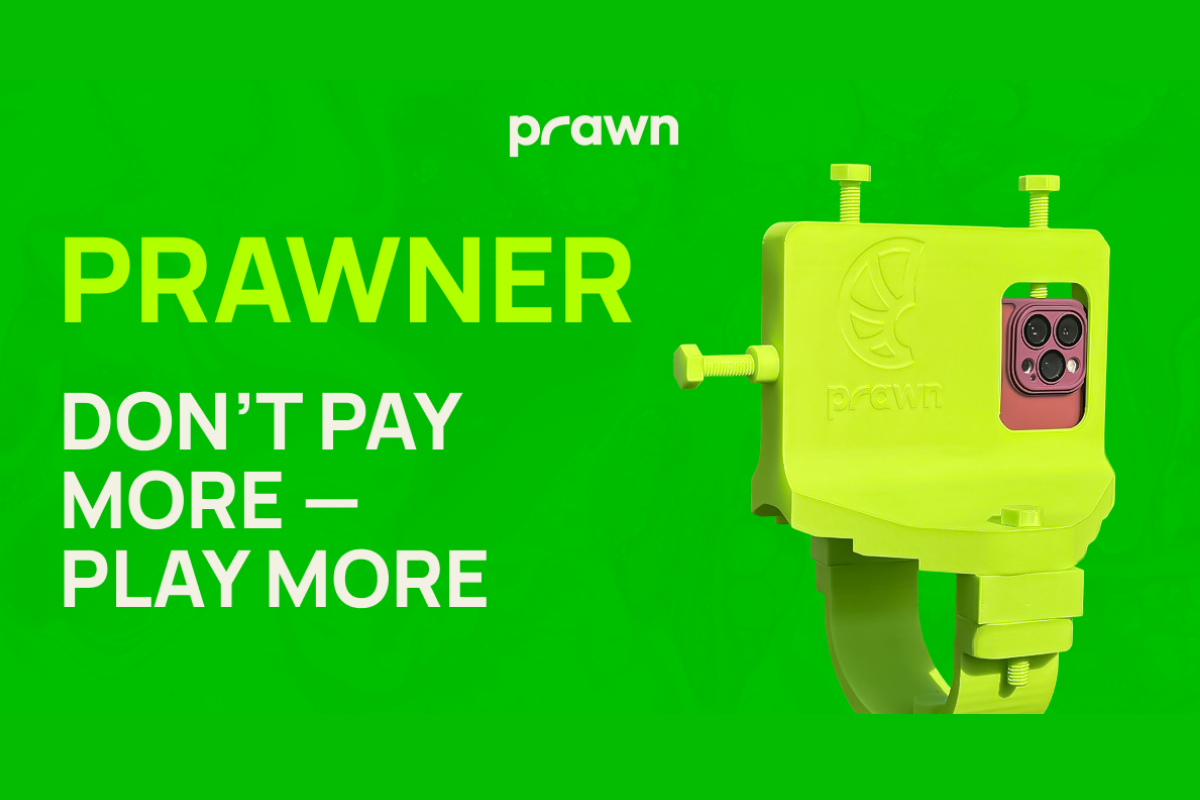
 Central Europe6 days ago
Central Europe6 days agoFootball Stats Startup Challenges Multi-Million Company With Free Publication Of Blueprints
-

 Asia7 days ago
Asia7 days ago8MBets: Online Casino Bangladesh Announces a Mobile-First Upgrade Centered on its Casino App and an Expanded Game Lineup for Local Players
-

 Latest News6 days ago
Latest News6 days agoThe Current State of the German iGaming Market and Its Role in Europe
-

 Eastern Europe6 days ago
Eastern Europe6 days agoSYNOT Games Partners with WIN2






